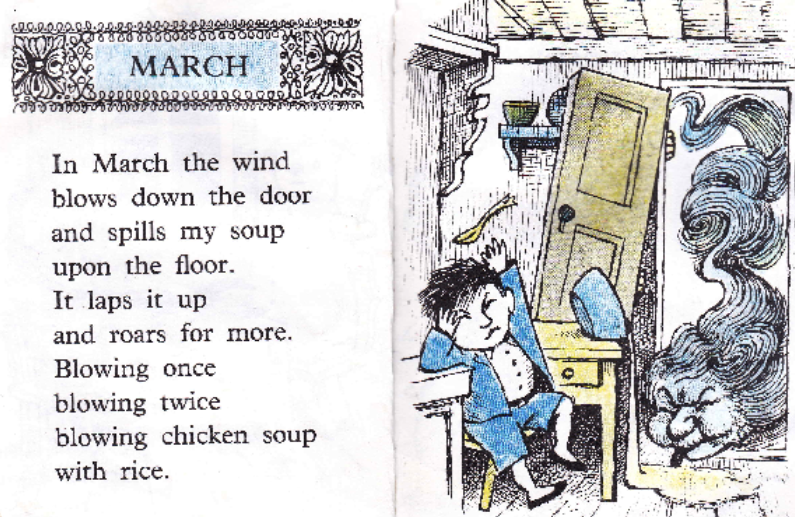March 2023 Dispatch: Prana and Moving the Energy
Happy March Galaxy Friends! There’s a great poem by Margaret Atwood called February (that you should totally read), and not only is she talking to her cat, but she ends it by saying:
“You’re the life principle,
more or less, so get going
on a little optimism around here.
Get rid of death. Celebrate increase. Make it be spring.”
And that’s what we’re calling in for our March theme - moving the energy, harnessing our vital life principle, aka prana, and honoring the five Vayus, or winds, of traditional yogic teachings. This picture is of the Hindu deity Vayu, who presided over the winds and was a messenger to the gods. He’s often called the life breath of the world; waking up the earth and all living things with the winds of March.
Over the winter months, we’ve taken a necessary rest, slowed down, embraced the darkness of the winter times, and nourished ourselves - now is the time to move, create, expand, rise up, and live!
A favorite book in the Gleichauf (that’s my maiden name) household, growing up, was “Chicken Soup With Rice” by Maurice Sendak. If you haven’t read it recently, it’s a trip through the months of the year, eating chicken soup with rice in various ways, and in case you forgot what happens with the chicken soup with rice in March, here you go:
This illustration has always stuck with me, and it’s what I picture on every windy day in March when I’m a little chillier than I’d like to be, but I’ve chosen to wear one fewer layer than I need, because I’m convinced it’s spring. It also seems to suggest to me that the air element, our own built in breath, is more powerful than we realize. It can blow down doors and spill soup, topple houses, and in our own selves, it can shift our mood, calm our nervous system, arouse our nervous system, lead us toward meditative states… heck, we can even breathe so that we can submerge in ice baths and do polar plunges and not feel cold. Our breathing is so powerful that, in many languages, the word for breath is synonymous with the word for spirit - prana in Sanskrit, spiritus in Latin, ruach in Hebrew, pneuma in Ancient Greek… and more. Obviously, breath is what animates us, and is core to who we are as living humans, but I also like how many different languages and spiritual traditions have noticed that there’s something spiritual about our breath.
Which got me thinking about Rainer Maria Rilke… and really, it doesn’t take much to get me thinking about Rilke, because he’s one of my favorite poets. So much of Rilke’s writing embraces working with vital forces, wrestling with spirit, and going far into the experience of life. One of my favorite poems of his starts with:
“Silent friend of many distances
Feel how your breath enlarges all of space”
To me, that sentiment syncs perfectly with how we sometimes use the breathing in pranayama practices in yoga. In the Hatha Yoga Pradipika, which is partially an instruction manual on various purification and pranayama processes, there’s a verse that says “Full inside, full outside, full like a pot in the ocean” - that expansiveness seems very similar to the expansion of breath into space that Rilke talks about in those opening lines above.
I did a little digging into Rilke’s creative process, and discovered that his journey to writing the Duino Elegies was truly a communion with the wind. Rilke had been going through a period of creative despondency, and arrived at the Duino Castle as the guest of arts patroness Princess Maria von Thurm. The landscape around the castle is dramatic, featuring cliffs alongside the Adriatic Sea. One day, while wandering a cliffside path, a strong north wind began to blow. Rilke claimed to hear the first line of what would become his First Duino Elegy in the voice of the wind: “Who, if I cried out, would hear me among the angel’s hierarchies?” He pulled out the notebook he always carried with him, wrote down the first line, and the entire poem was written within the day.
Some say that Rilke was tuning into the voice of God in the wind, but I prefer to think that he was engaging in what I like to call deep listening with the world around him. In nature, with nature, Rilke opened his senses to the inspiration that is built into our lives: the elements. And the yoga tradition tells us that elemental power is also present within us, in the form of prana and the Vayus. It’s powerful to listen to my breathing, and the breathing of a group, when we practice together. I always say that, if you didn’t do a single pose, but paid attention to your breathing for an entire practice, you would have done the practice perfectly. And I also say that, better than any alignment cue that I can give to you - your breath can tell you more about where to go and how to sustain a shape, if you listen well. Because your breath is what anchors you in the natural world, and is simultaneously the conduit to the spiritual realm - like the messenger deity Vayu. It’s communion. And when we engage skillfully, we receive peace, inspiration, resiliency, and connection. What a gift.
Now, let’s go listen to Nina Simone singing “Wild is the Wind” and get ready to get moving!
Blow wind, blow,
Anna
What I’m Reading
If you haven’t read Rilke yet, and my mention of him intrigued you, I’ll have a few copies of “The Selected Poetry of Rainer Maria Rilke,” tranaslated by Stephen Mitchell, at the studio. This is a bilingual version, so the original German included, if you’re a German lanuage lover like I am. But there is lots to explore, as far as Rilke is concerned - both prose and poetry, so I’ll encourage you to explore and read all the Rilke you can get your hands on!
I’m also truly psyched to check out this new book from one of my favorite movement teachers, Jill Miller - it’s called Body By Breath - The Science and Practice of Physical and Emotional Resilience.
It just came out, and so many of my yoga world friends are already raving about it. It’s a big book - packed with info about how to utilize the tool of your breath to create a resilient, balanced, and healthy body AND nervous system. If you know anything about The Moving Galaxy, you know we love a good nervous-system regulating breath practice, so I hope you’ll dig into this, too, if your interest is piqued.





